Hillary Rodham
Clinton showed she knows how to use the roughhouse tactics
of the political boys club.
Two weeks after a
rocky presidential debate performance where she
appeared at times both defensive and evasive, the New York
senator came into Thursday's Democratic forum poised,
confident, and ready to rumble.
For the first
time, she directly challenged the records of her top
rivals, Barack Obama and John Edwards. She even chided
Edwards, her fiercest critic in this debate and
others, for ''throwing mud'' Republican-style.
Spectators inside
the debate hall appeared to echo that criticism,
repeatedly booing Edwards and occasionally Obama when they
criticized Clinton.
And after days of
torturous contortions on whether she supported granting
driver's licenses for illegal immigrants, Clinton was able
to stand by and watch as Obama was tripped up on the
issue this time.
''To the degree
she might have been stumbling in the last debate, she
regained her footing tonight,'' Democratic strategist Garry
South said. ''It was a very impressive performance by
Hillary Clinton. She showed she could battle back
criticism very well.''
It was a night
during which many of Clinton's rivals also turned in
strong performances. Joe Biden demonstrated his expertise in
foreign policy during an exchange over the growing
crisis in Pakistan. Chris Dodd displayed his fluency
on education issues, parrying a question on merit pay
for teachers by saying he supported such pay for teachers in
poor rural and urban districts.
But with exactly
seven weeks until Iowa holds its leadoff caucuses, the
dynamic between Clinton and her top two rivals loomed large.
Polls show Clinton, Obama, and Edwards locked in a
tight three-way race in the state, and a Clinton win
would be seen as her glide path to the nomination.
Anything less and the nomination is up for grabs.
After months of
avoiding any direct confrontation with her rivals,
Clinton adopted a more aggressive tone. She took on Obama on
his health care plan, arguing it would leave 15
million Americans uninsured. Obama has said he would
first focus on bringing down costs.
She also noted
that Edwards hadn't supported universal health care when
he ran for president in 2004. ''I'm glad he is now,'' she
said.
Edwards responded
by angrily denying he had ''flip-flopped'' on important
issues, as he's repeatedly accused Clinton of doing.
''Anybody who's
not willing to change based on what they learn is
ignorant, and everybody ought to be willing to do that,'' he
said. ''I'm saying there's a difference between that
and saying the exact same two contrary things at
exactly the same time.''
If anything, the
former first lady showed she knows how to learn from her
mistakes.
After her rough
outing in the last debate, Clinton lamented the
''all-boys club of presidential politics'' while her
campaign advisers accused her male rivals of ''piling
on.''
This time,
Clinton smoothly deflected questions about whether she had
played the gender card.
''It is clear, I
think, from women's experiences that from time to time
there may be some impediments,'' she said. ''And it has been
my goal over the course of my lifetime to be part of
this great movement of progress that includes all of
us, but has particularly been significant to me as a
woman.''
To be sure, it
wasn't a perfect debate for Clinton.
Obama again
cornered her on how she would keep Social Security solvent,
a question she has sidestepped repeatedly. And she was
forced to defend her Senate vote to take a more
aggressive stand against Iran amid questions from a
returning Iraq soldier and his mother who said they feared a
showdown with Iran was coming next.
''Her weakest
issue right now is Iran. It puts her at an enormous
disadvantage in these debates,'' Democratic strategist Bill
Carrick said.
But Clinton was
able to take advantage of other moments to showcase her
toughness on foreign policy.
In an exchange
over the situation in Pakistan, where Gen. Pervez
Musharraf has declared a state of emergency, New Mexico
governor Bill Richardson said he believed that human
rights were more important than U.S. national
security.
Clinton flatly
disagreed. ''The first obligation of the president of the
United States is to protect and defend the United States of
America,'' she said.
The strangest
moment in the debate -- and the most fortuitous for Clinton
-- came over a discussion of granting licenses to illegal
immigrants, a question that has haunted Clinton since
the last debate.
Until this week,
she said she generally supported governors' efforts to
find ways to promote public safety in their states in the
absence of federal immigration reform. But Wednesday
she completely reversed herself, announcing she
opposed giving driver's licenses to illegal
immigrants.
When CNN
moderator Wolf Blitzer pressed the candidates on whether
they supported granting licenses, Obama gave a long
and convoluted answer. When Clinton was asked, she
simply said ''no.'' (Beth Fouhy, AP)






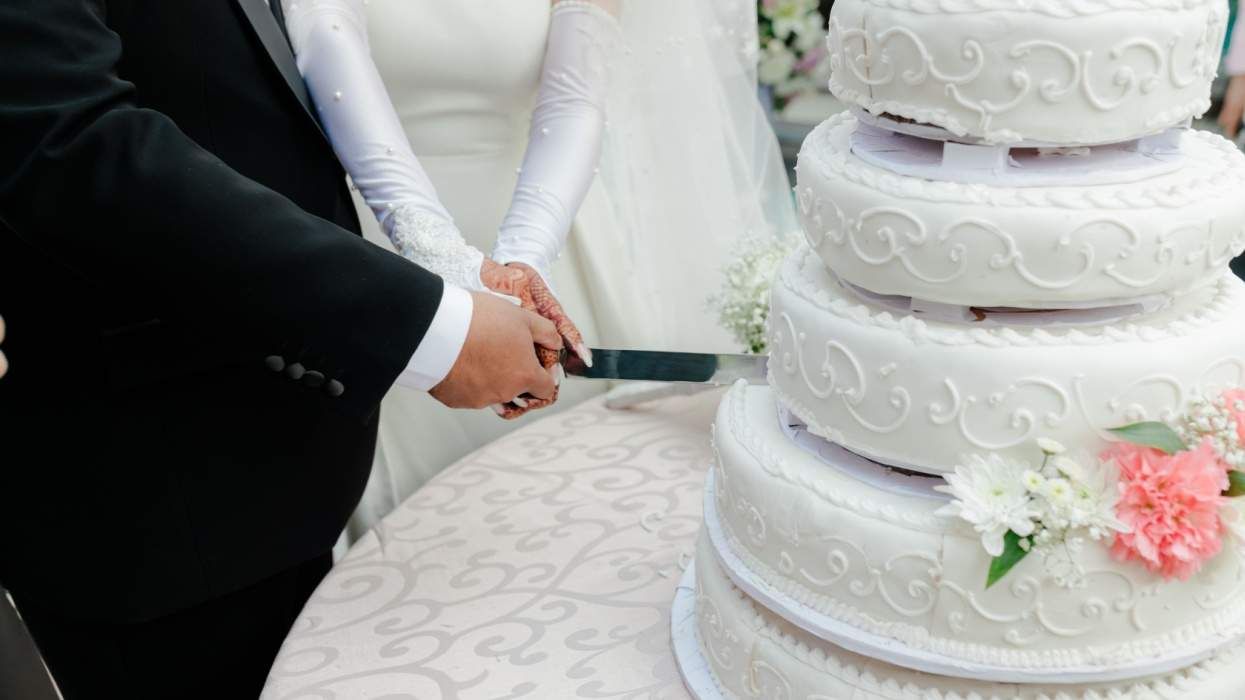
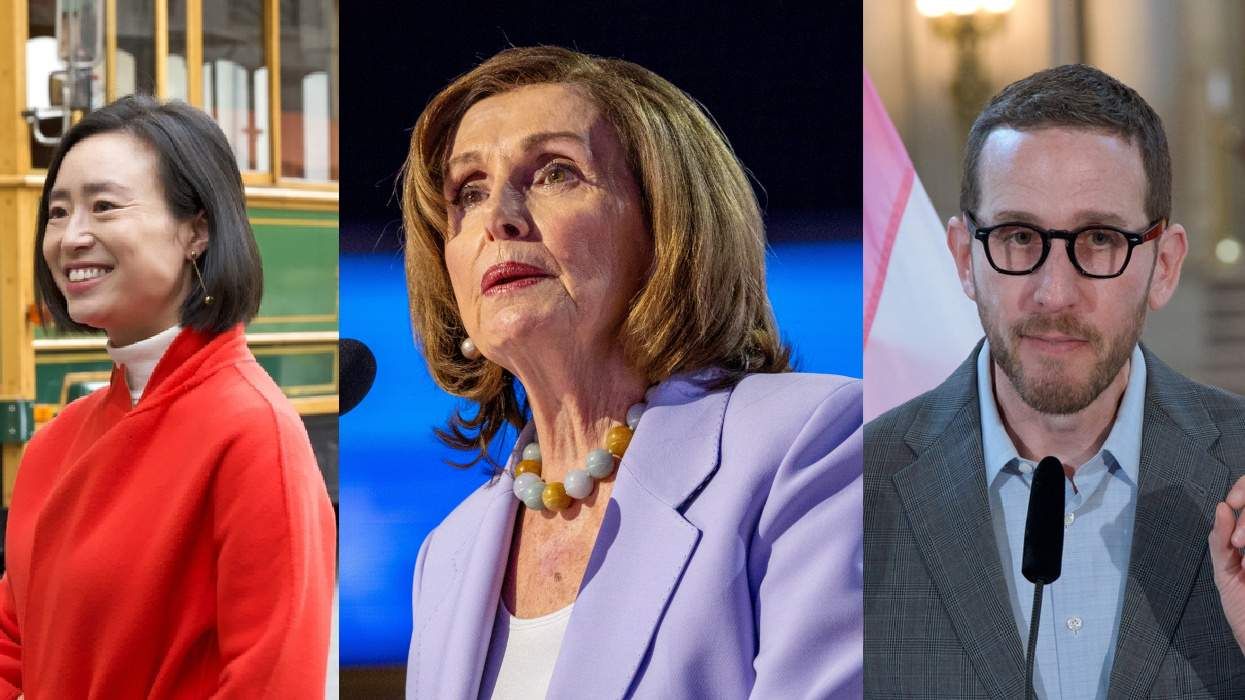
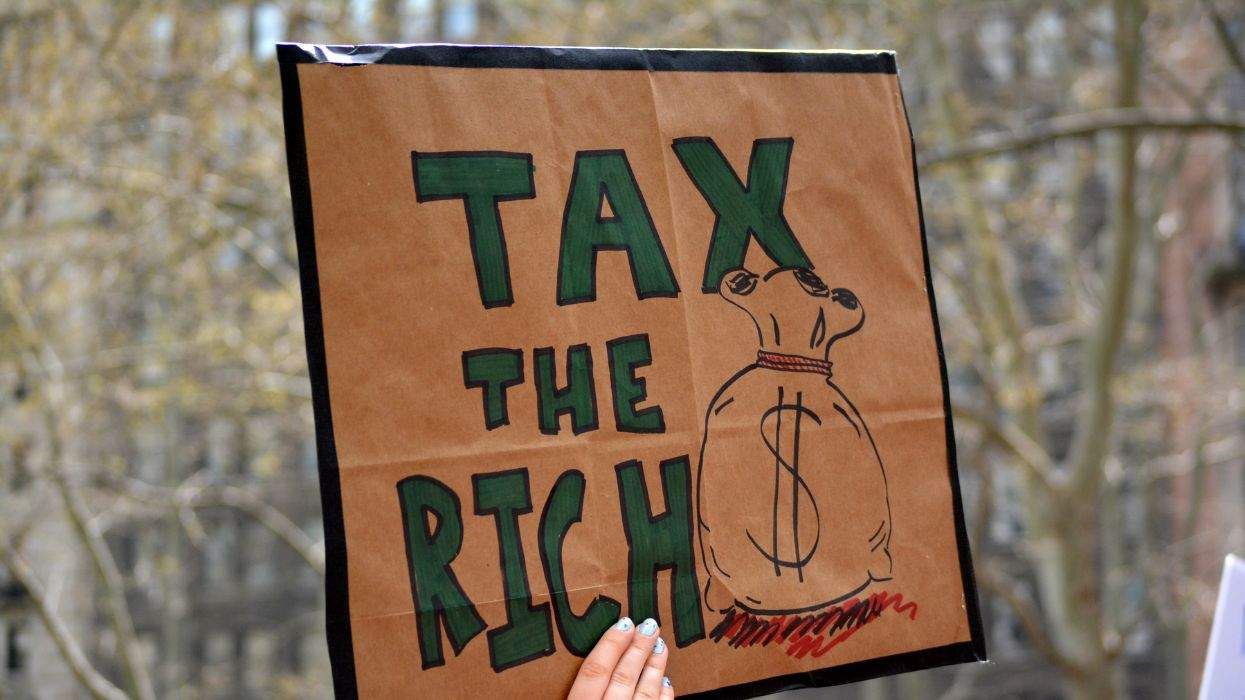
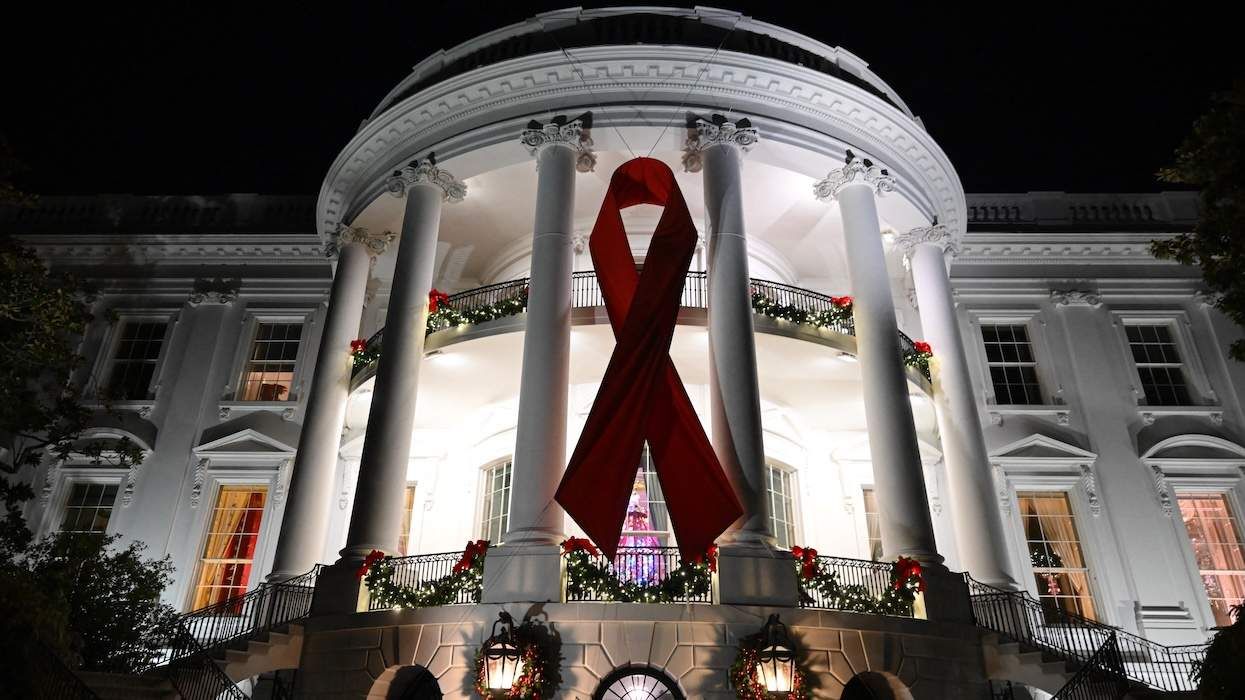
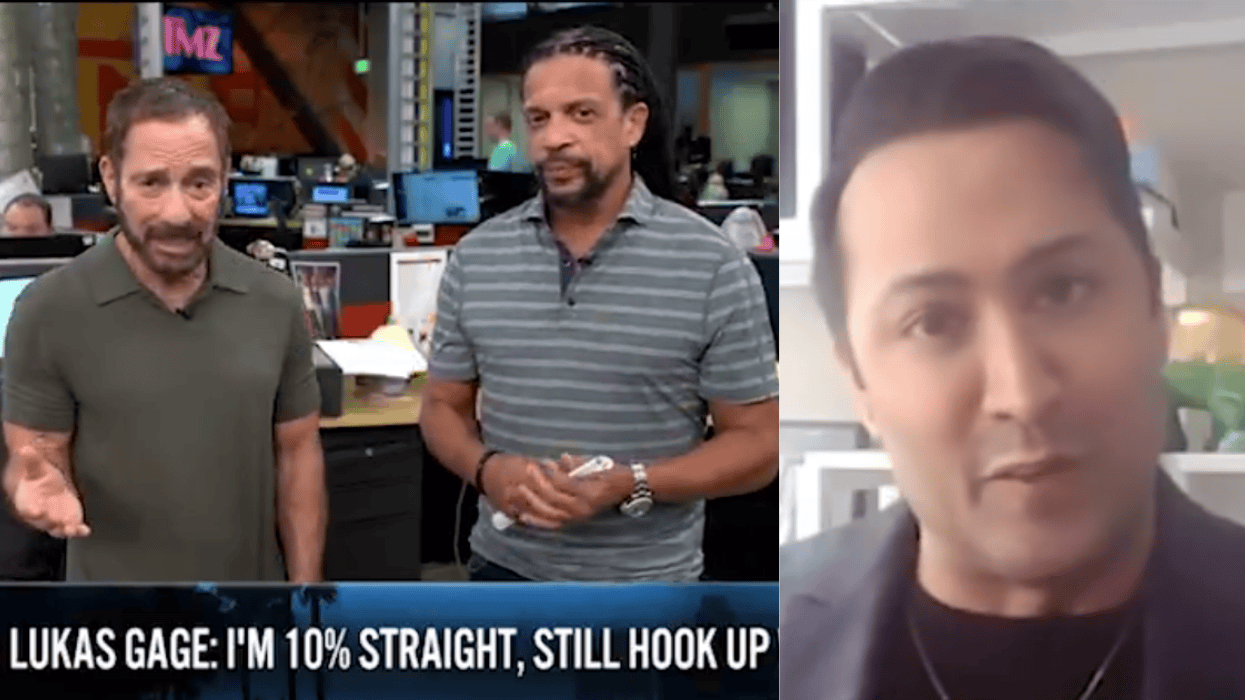
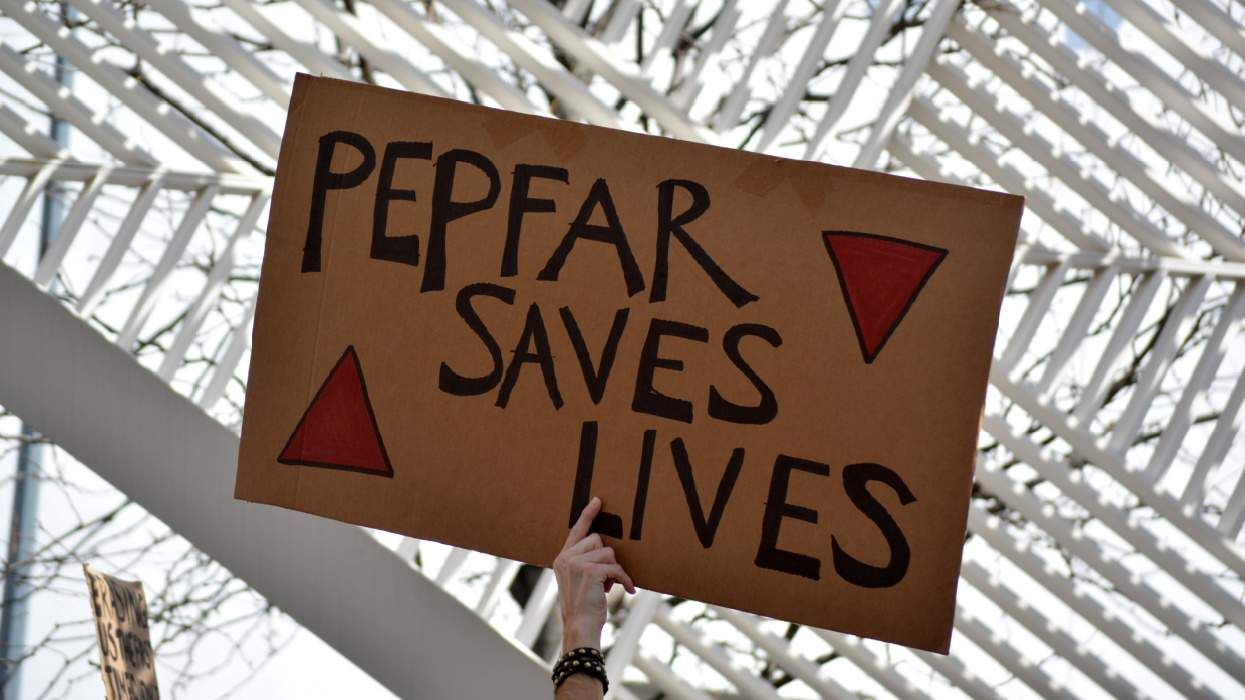

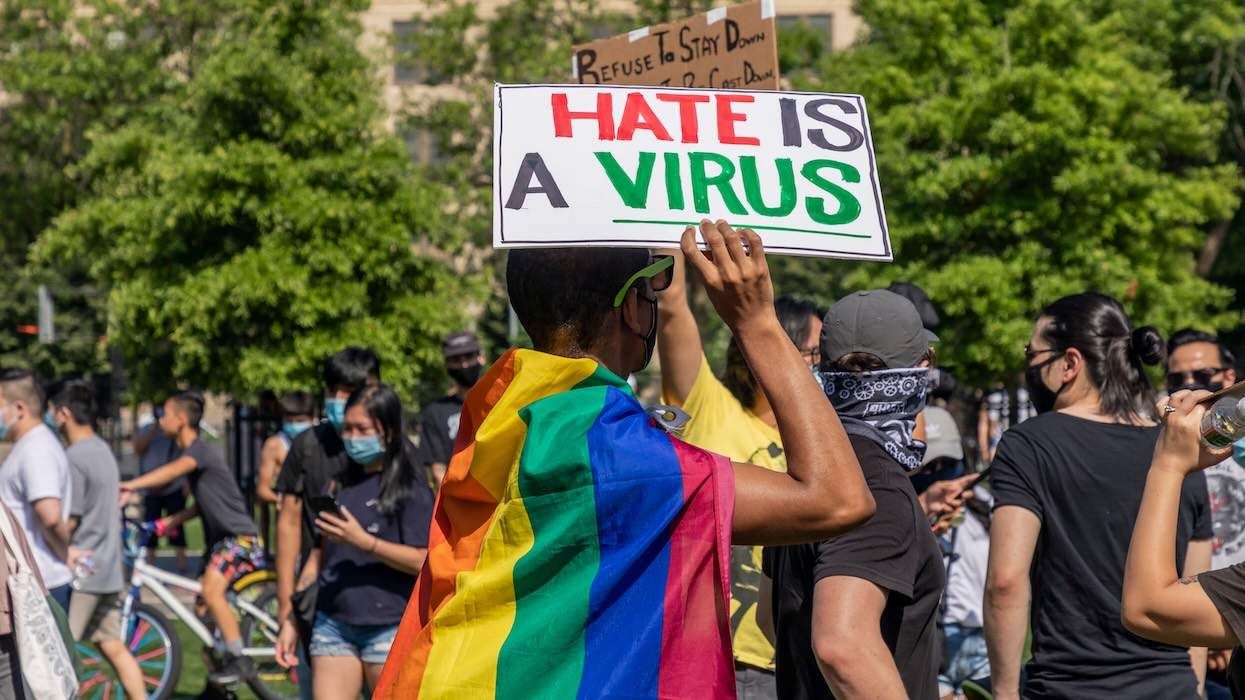



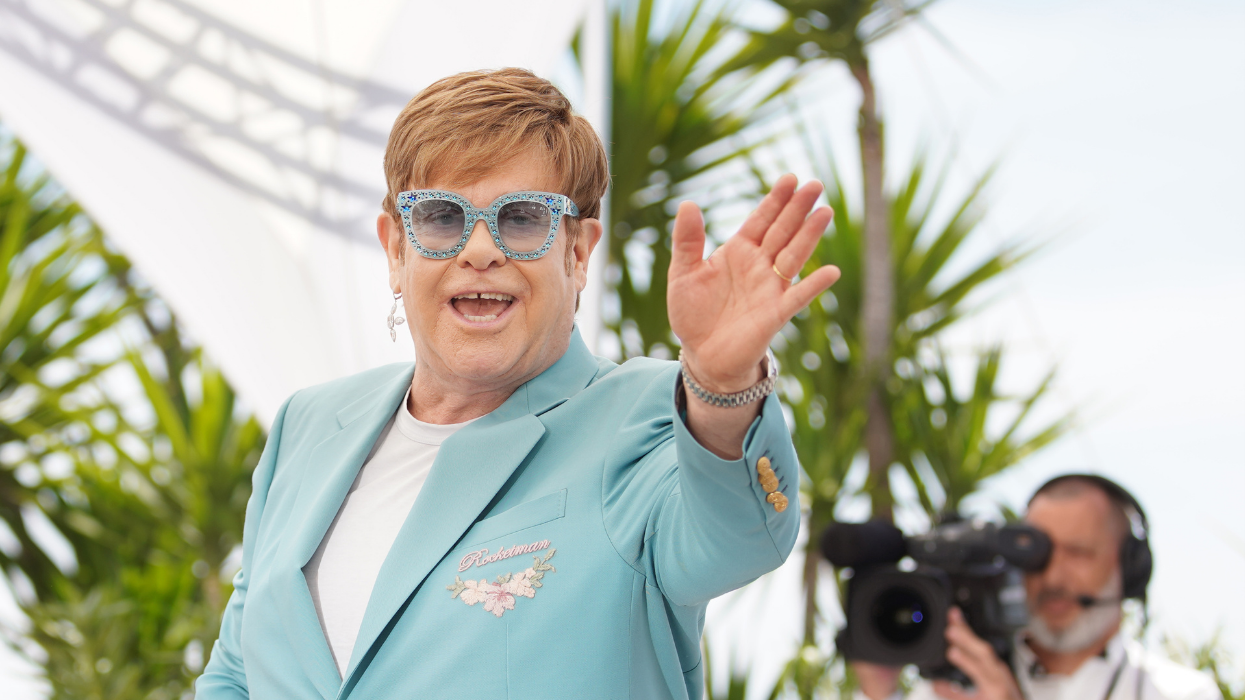
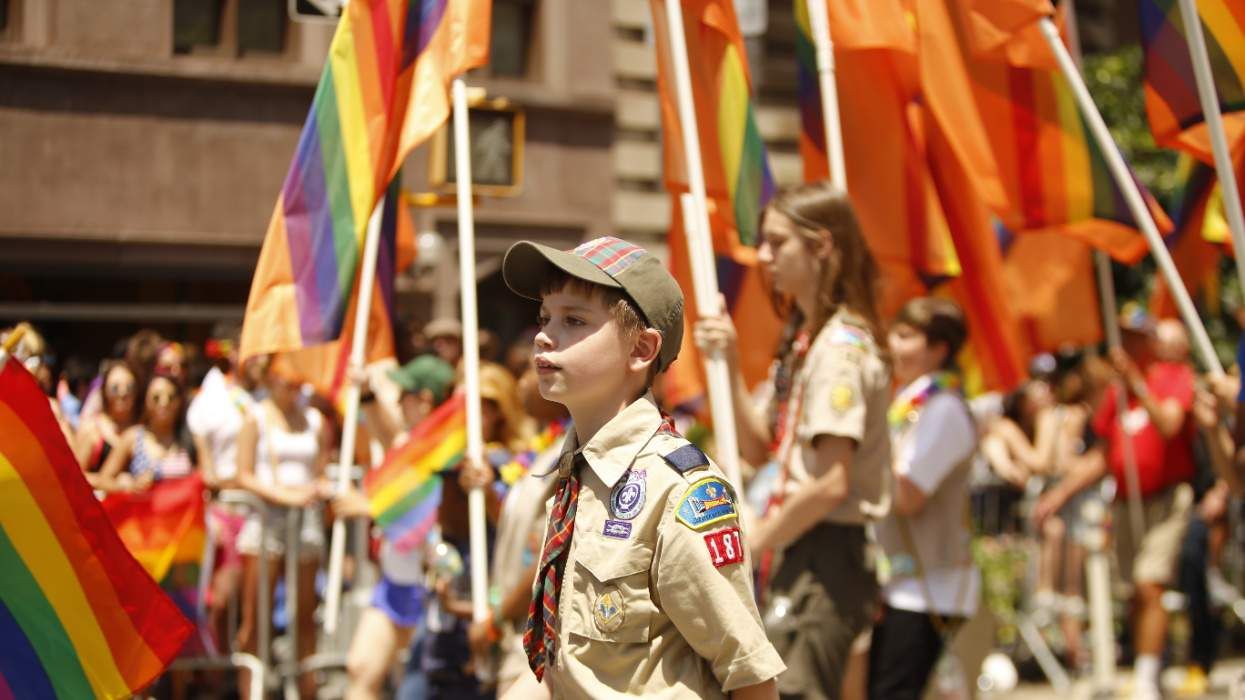

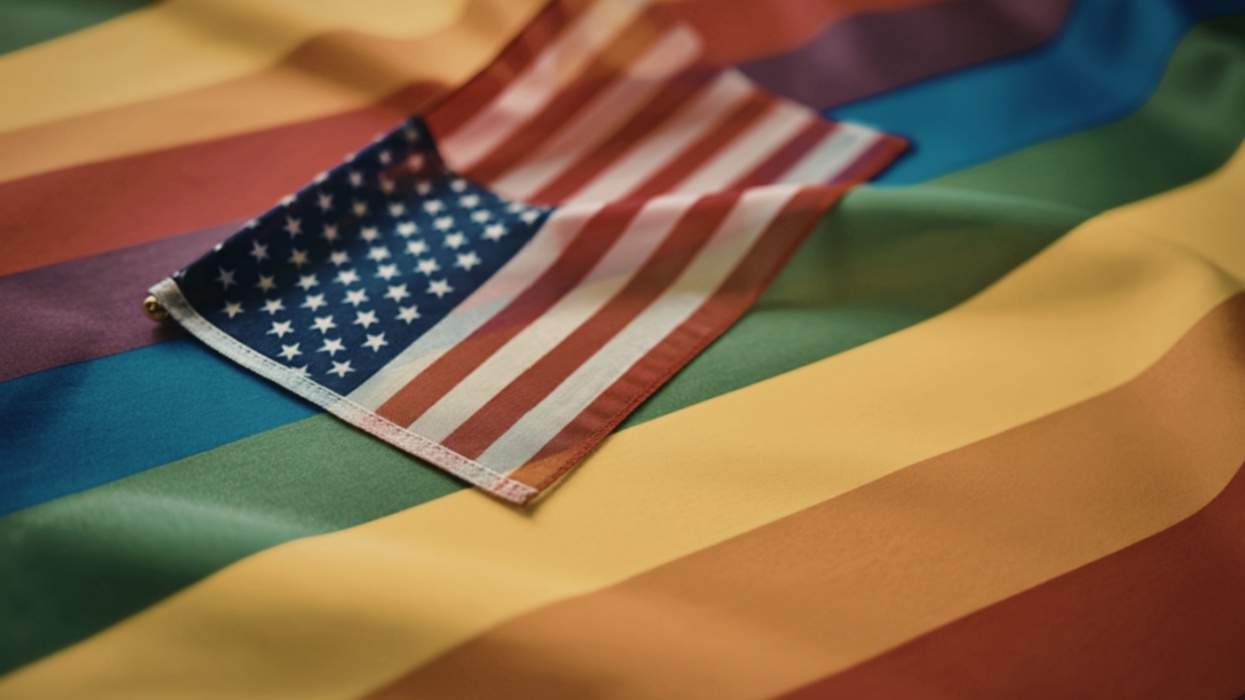
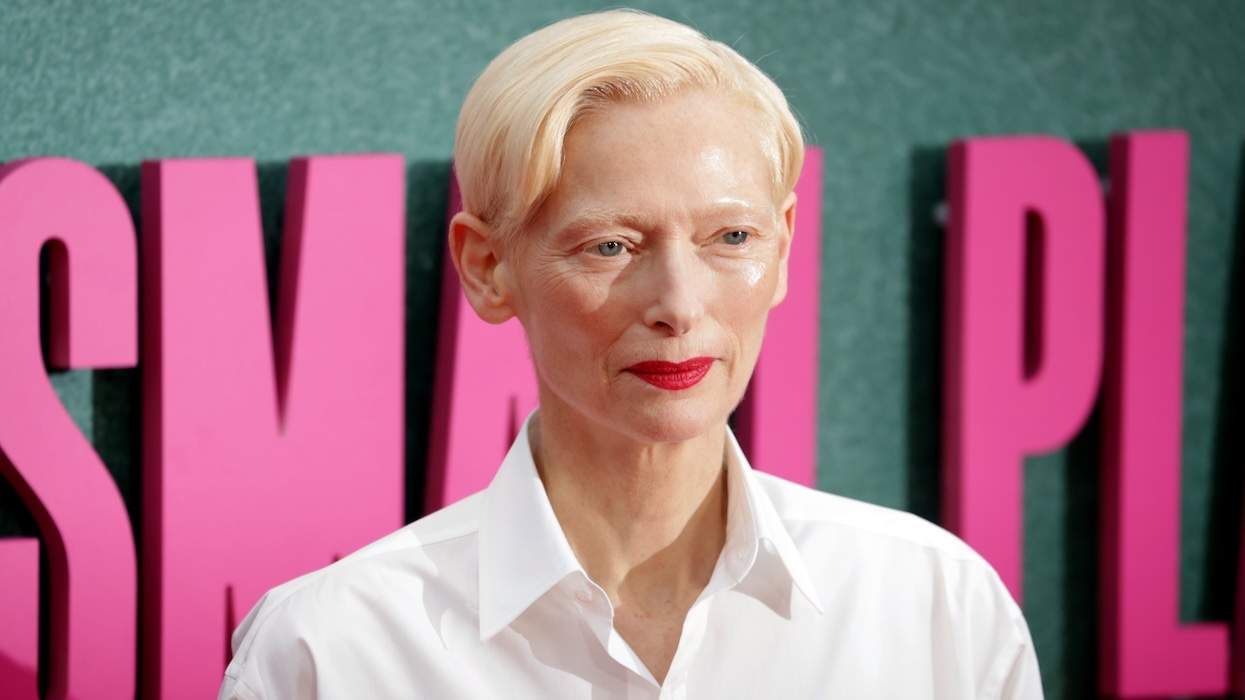
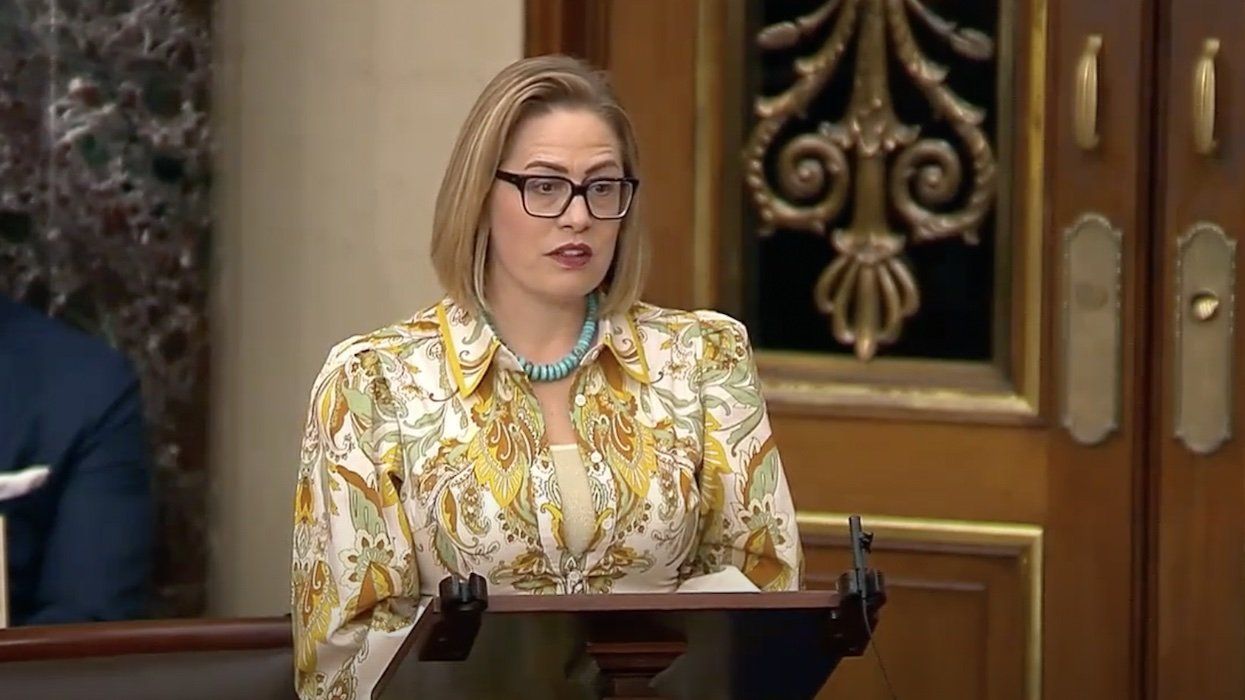
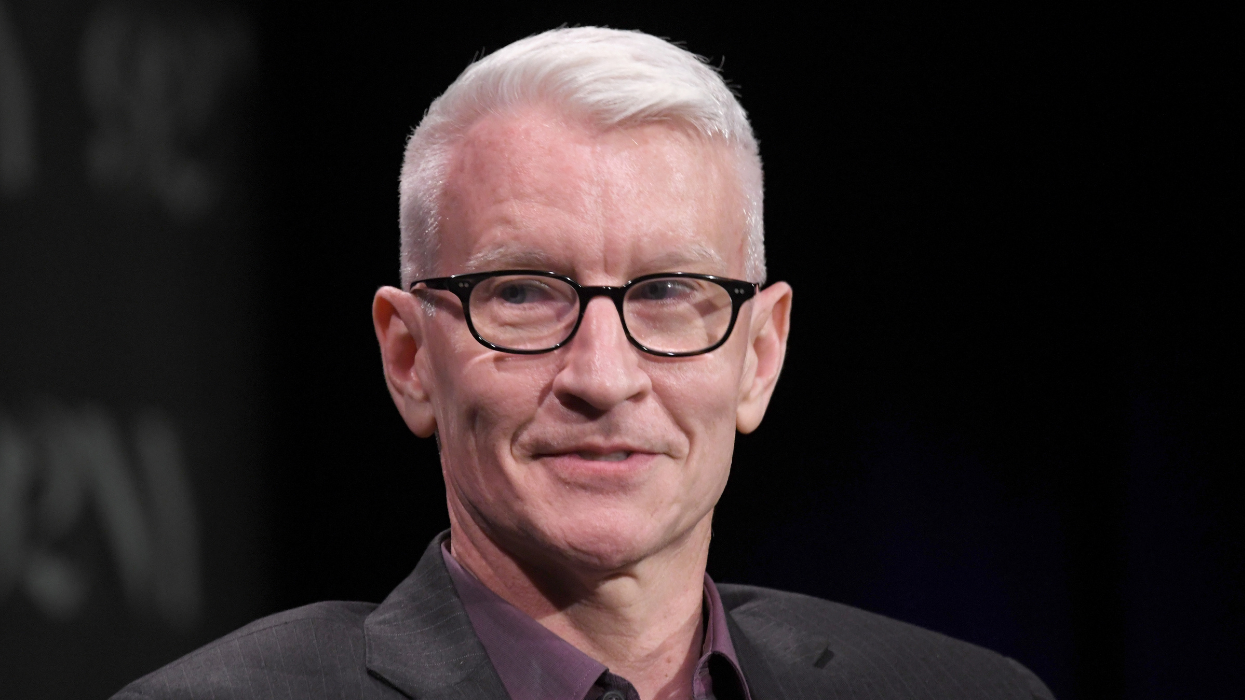
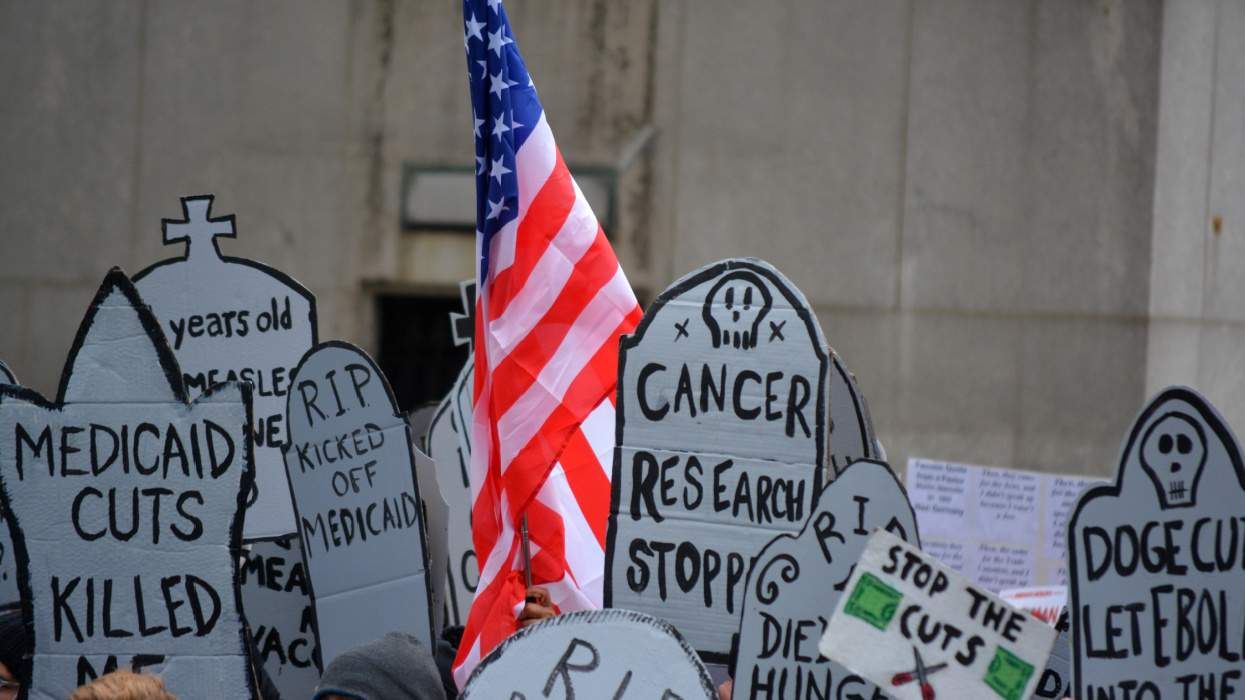
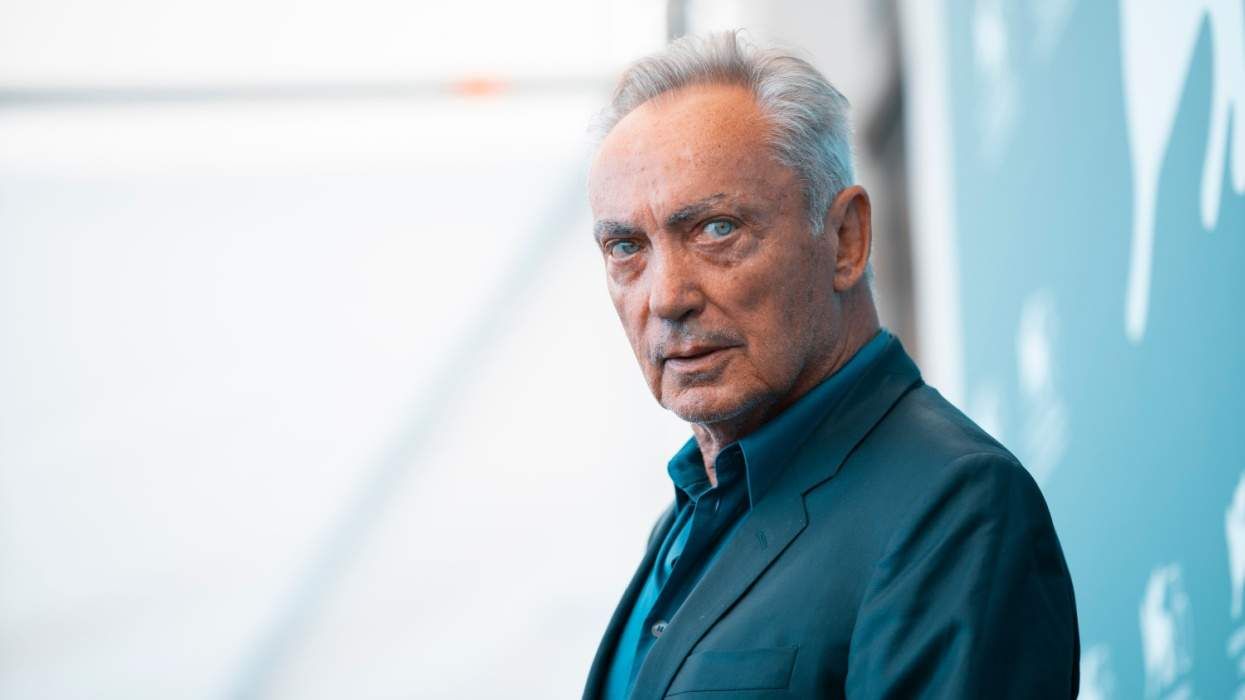
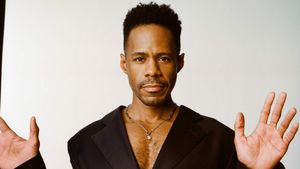



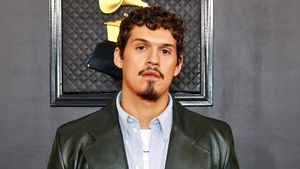




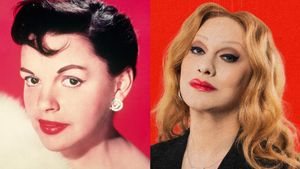






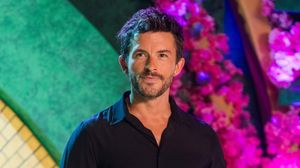




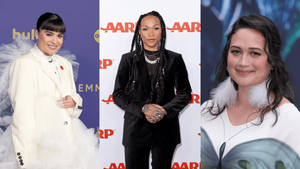


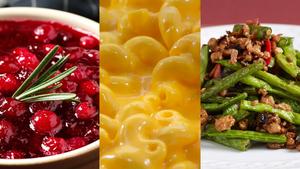





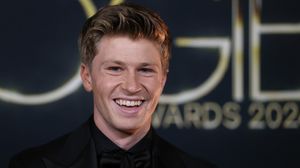










Charlie Kirk DID say stoning gay people was the 'perfect law' — and these other heinous quotes